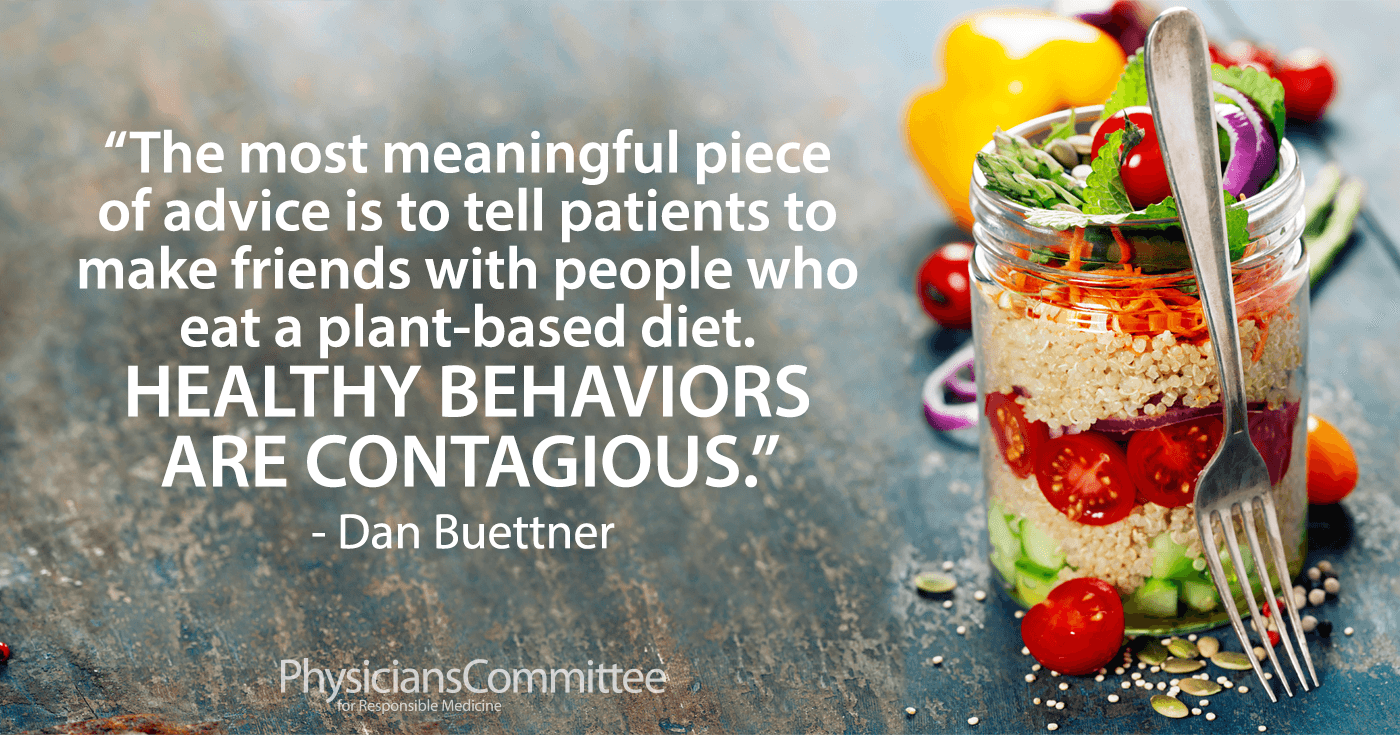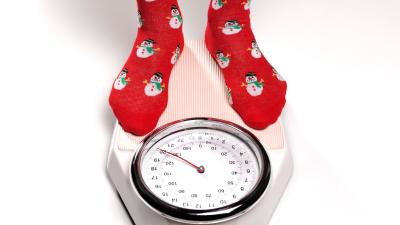Blue Zones Q-and-A: Eating and Living Like the World’s Longest-Lived People

Dan Buettner, a National Geographic Fellow and New York Times best-selling author, discovered the five places in the world—dubbed Blue Zones™—where people live the longest, healthiest lives.
He will present his findings at the Physicians Committee’s sixth annual International Conference on Nutrition in Medicine on Aug. 10, 2018, in Washington, D.C. Learn more about ICNM and register at PCRM.org/ICNM.
What nutrition tips from your research should health care professionals bring to their patients?
Dietary surveys done in all five Blue Zones™ over the past century reveal that the diet associated with longevity is 95-100 percent plant-based, 65 percent of which is carbohydrates. So tell patients to beware of high-protein diets. I believe the most meaningful piece of advice is to tell patients to make friends with people who eat a plant-based diet. Healthy behaviors are contagious.
What are common plant-based foods across Blue Zones™?
The five pillars of every longevity diet in the world are: Whole grains, tubers, greens, nuts, and beans. If you’re an American and eating a cup of beans a day, you’re probably adding four years to your life expectancy.
Your latest book is The Blue Zones of Happiness: Lessons from the World’s Happiest People. How does diet affect happiness?
Many of the happiest locations are the same or similar to longevity locations, because we have found the health and happiness go hand in hand. The happiest places are Denmark, Costa Rica, Singapore, and Boulder, Colo., because the leaders and communities have set up their environment so that happiness and health will ensue. In the United States there is a strong correlation between access to healthy eating and subjective well-being. And it turns out that the happiest people report eating seven servings of vegetables daily.
Is the Western diet encroaching on and endangering existing Blue Zones™?
Yes, Western diet practices are endangering existing Blue Zones™ hotspots. Modern society has been set up for convenience. You can jump in your car and go get fast food, which is much easier than getting healthy fresh produce.







